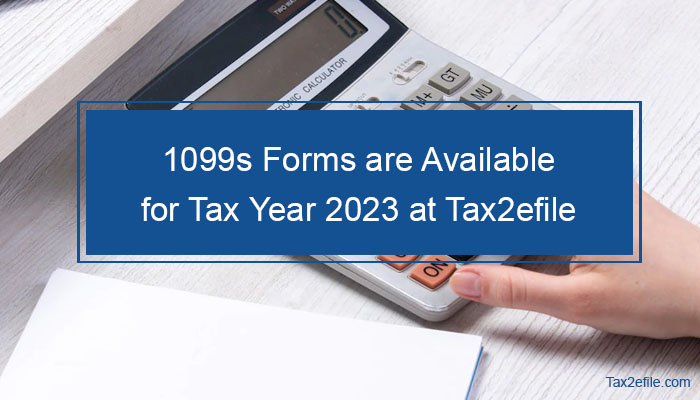- November 30, 2017
The IRS allows various deductions for small employment businesses when compared to regular employees. The 1099 deductions are a little complex for individuals who are filing tax returns for the first time. In order to clear the doubt regarding the tax deductions and to know more about 1099, let’s shed some light on 1099 tax deductions for small employment businesses.
Top 10 Tax Expenses for Self-Employment Businesses
Expenses of car and mileage
Among the other tax deductions that are available, car expenses and mileage is one of the most important deductions. The taxpayer can write off the driving activities like going to meet the clients or driving while working. The standard mileage rate for the deduction is 54 cents for every mile you drive for the business.
In order to track and deduct the mileage, there are two methods. One is the actual method and standard mileage rate. The standard mileage rate records the gas, maintenance, insurance, and depreciation, which is easy to track and claim. When using the actual method to record the mileage, make sure to keep adequate records. Record the log date, the purpose of the business, miles, and starting and ending odometer readings.
Home office expenses
When you are running the business from home, you may count the portion of the home expenses in the write-off. There are certain conditions to use this deduction:
- The home which you are using for business must be the primary place of your business. If you use the home occasionally, then you cannot use this as a deduction.
- The space in your home that you use within the home should be exclusively for work. You need to write off only a portion of your home space.
Office Supplies
When you are purchasing any supplies to conduct the business is deductible. If you are a cleaner, you may deduct the cleaning supplies that you have purchased for the business purpose. When you rented or leased equipment for business purposes, then you can add that to the deduction as well.
Insurance premiums
When you paying for your own health insurance and your partner does not benefit from the employer-subsidized health insurance, then you may count those payments as a tax deduction on the income taxes.
Education Expenses
Expecting to take an online course to improve your knowledge? When that added knowledge could improve the skills in your present business, you can add them to the tax deduction. Remember that, you cannot add the education expenses for the new line of work.
Cell phone
When using a mobile for contacting your clients and using the same for your own personal use, then you can add a portion of your mobile bill as a tax write-off. But you need to make a careful estimate of the percent of usage for personal versus business. Deduct the percent of business call charges.
Travel
When you are traveling frequently for business, ensure to keep records of the airfare, rental cars, hotel, cab, and any other expenses. The mentioned costs are deductible when you are traveling for business purposes.
Parking
When you are regularly paying a parking fee, keep those receipts to count as a tax write-off.
Postage
One of the tax deductions, which is often ignored is Postage. When you ship and mail for your business purpose, hence keep track of those expenses.
Fees, Subscriptions, and Dues
When you are paying some amount for any trade organization, services, or publication for the purpose of your business, you can deduct that amount. For instance, when you got a certification, which requires a maintenance fee, you can deduct that as well.
Apart from those discussed items, there are more 1099 deductions that can count. Hence before completing the write-off, understand the entire 1099 tax deduction according to your particular work or business. You can save a lot of money with these deductions and make those deductions, you need to keep records of your entire expenses.


